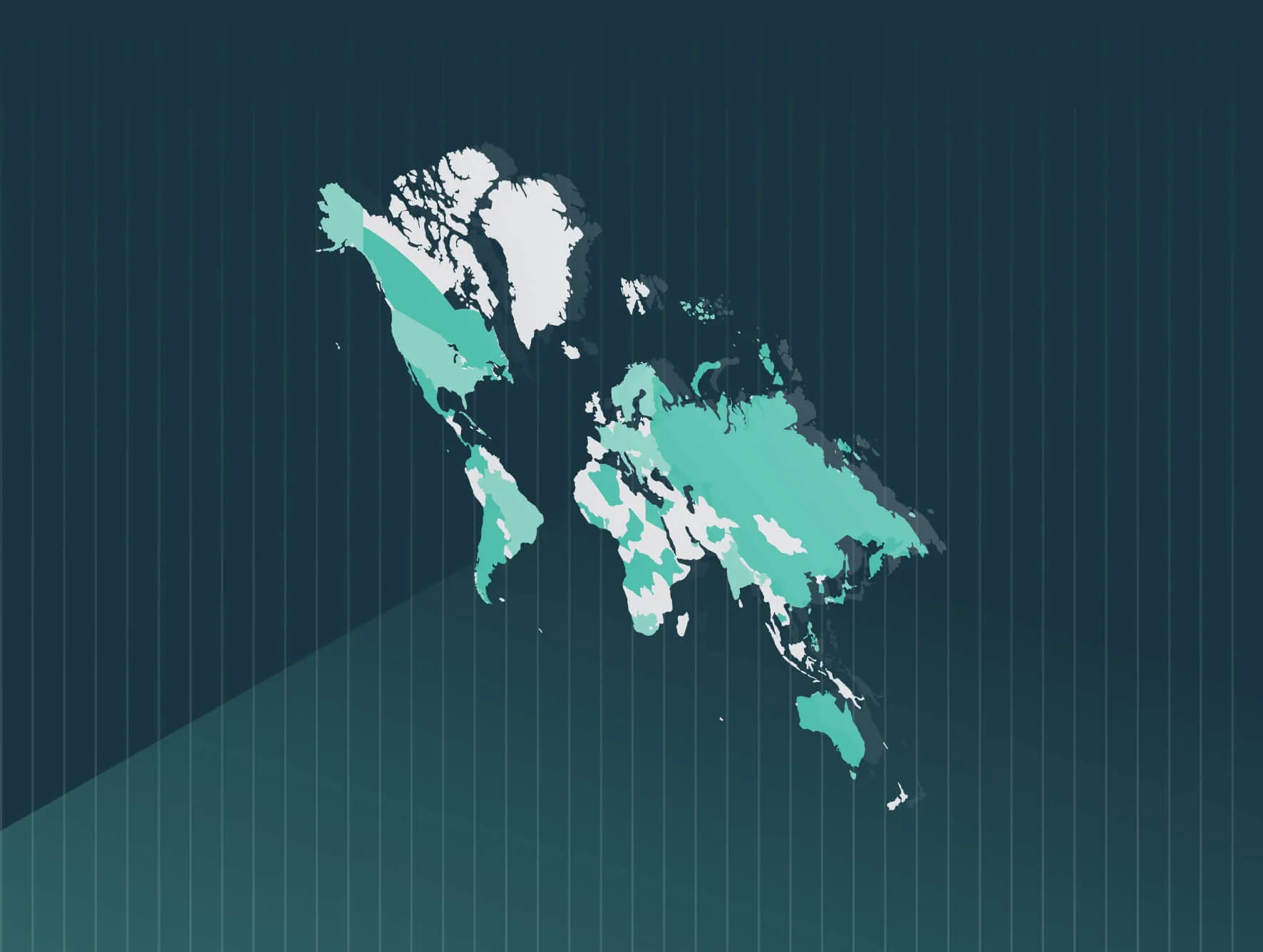In response to the EU Pay Transparency Directive, which requires employers operating in European Union member states to report on pay data, Trusaic will be evaluating the state of each country in the EU’s current gender pay gaps and the path toward compliance.
The impetus for the was to close the 12.7% gender pay gap across the European Union.
Greece’s average gender pay gap is reported at 10.4%, below the EU average, but this relates to data from 2018, as we note below. Further, WEF’s Global Gender Gap Report 2024 ranks Greece in 72nd position for wage equality for similar work, and in 73rd place overall.
Currently, Greece has no pay transparency or pay data reporting requirements. Thus, employers should act now to update their HR practices and carry out comprehensive pay data analyses to prepare for the in-depth requirements of the EU Directive.
Quick Action Items for Greek Employers
Greek organizations should move swiftly to prepare for the upcoming pay reporting requirements under the EU Directive, which include:
- Provide sufficient salary range information to job candidates
- Implement a salary history ban.
- Prepare to act when pay gaps exceed 5%.
- Account for intersectional discrimination in pay practices and consider the needs of workers with disabilities.
By 2026, EU employers with 250 or more employees must report on gender pay gaps. By 2031, smaller organizations (100+ employees) will have to comply. As we’ve previously noted, the EU Directive uses the broader term of “worker” versus employee.
Achieve Authentic Pay Equity With Software
Further, Greek employers should proactively evaluate their current pay practices and overall compensation philosophy. Companies can leverage pay equity software solutions to expedite reviews of existing pay practices and determine causes of pay disparities.
Greece Employers’ Current Reporting Requirements
World Bank 2024 research notes no evidence of pay data reporting requirements and comments that Greece may wish to consider implementing pay transparency measures or enforcement mechanisms to close the gender pay gap. It also recommends publishing “sex-disaggregated data on employment in different industries or sectors” on a minimum annual basis.
Data on the pay gap is accumulated according to the EU indicator “gender pay gap in unadjusted form” which is calculated every four years. Current figures are taken from 2018. Updated data relating to 2022 will not be available until the end of 2024.
Article 22 of the Greek Constitution states that all workers, “irrespective of sex or other distinctions” are entitled to equal pay for work of equal value. Employment discrimination is prohibited on multiple grounds, including sex, race, color, national or ethnic origin, descent, religion or belief, disability or chronic illness, age, marital or social status, sexual orientation, gender identity or sex characteristics. Further, organizations with 50 or more employees must ensure that at least 8% of their workforce comprises employees from specified protected groups.
Do You Have a Global Pay Equity Strategy?
Greece’s National Action Plan on Gender Equality 2021-2025 includes specific initiatives to address equal participation of women in the workforce and thus improve the country’s gender pay gap.
However, major steps need to be taken to ensure compliance with the comprehensive requirements of the EU Directive.
Complying with the EU Directive
The EU Pay Transparency Directive was approved in 2023, establishing a clear framework for EU member states to apply the principle of equal pay for equal work or work of equal value.
EU member states have three years from June 7, 2023 to transpose the directive into law. Likely implementation dates are 2026, however, some countries may enact legislation earlier. The first large organizations will need to submit pay data reports by June 6, 2027.
Employers operating in EU member states can take several preliminary steps to ensure compliance with the upcoming legislation. The EU Directive includes a requirement for a Joint Pay Assessment where pay gaps are higher than 5%.
With an average pay gap of 10.4%, most Greek employers are currently at risk. Thus, they will need to ensure implementation of regular pay equity analyses to understand where any unexplained gaps exist and develop plans to remediate appropriately.
Further, recruitment processes should be evaluated to comply with pay transparency and salary history ban requirements. Greek employers can act now to ensure compliance and create equitable, explainable and competitive salary ranges.
Other items include:
- Pay explainability: Prepare to explain how you differentiate and define performance in setting base salaries. Pay transparency legislation means workers must be given access to criteria used to define salary and pay raises.
- Analyze pay gaps: Identify the causes where pay disparities exceed 5%. If there is no objective justification, we recommend addressing any anomalies to remove those unexplained gaps. In cases of alleged pay discrimination, the burden of proof shifts to the employer.
- Intersectional pay equity audit: Intersectionality is essential to close the gender pay gap. It recognizes that individuals can experience discrimination and inequality based on the intersection of multiple identities, such as race, gender, disabilities, age, and more.
Trusaic is GDPR compliant and can assist any organization in any EU state in meeting its obligations under both the EU Corporate Sustainability Reporting Directive and the EU Pay Transparency Directive.








